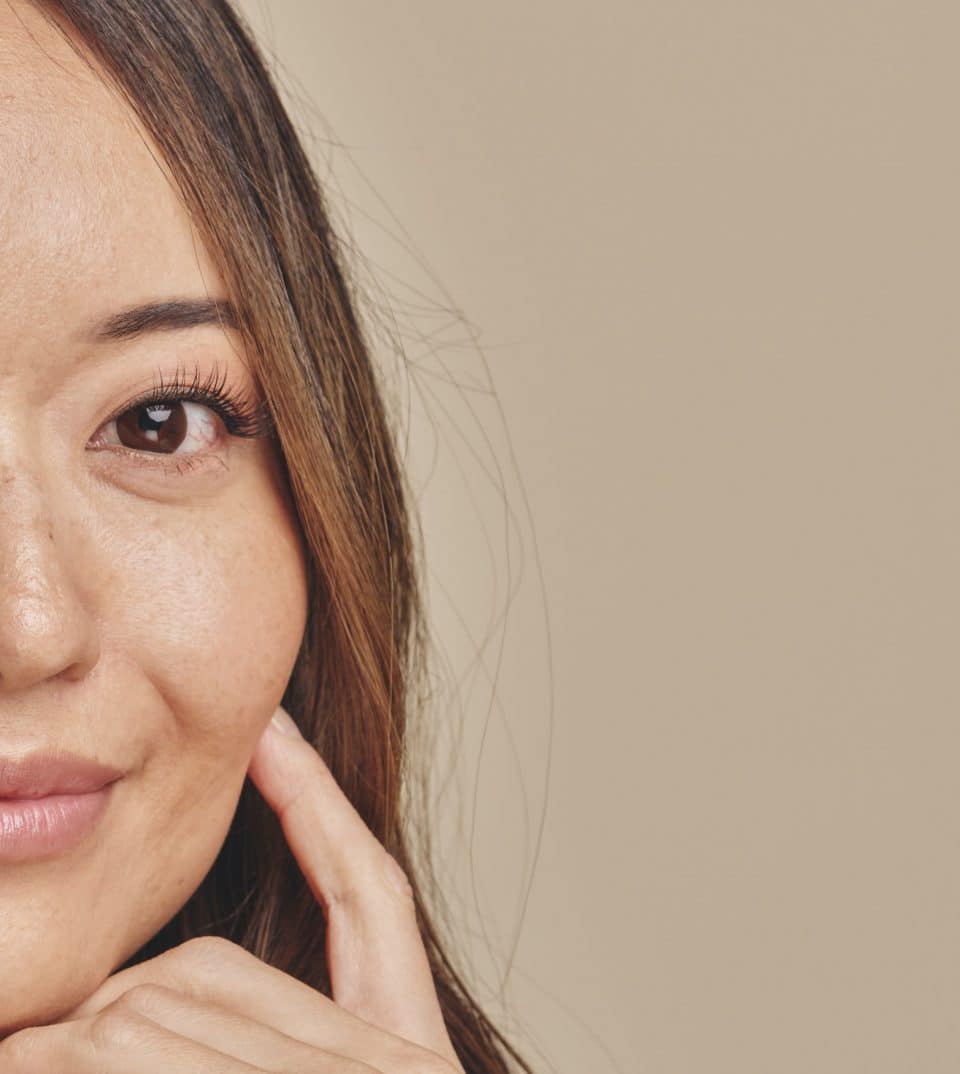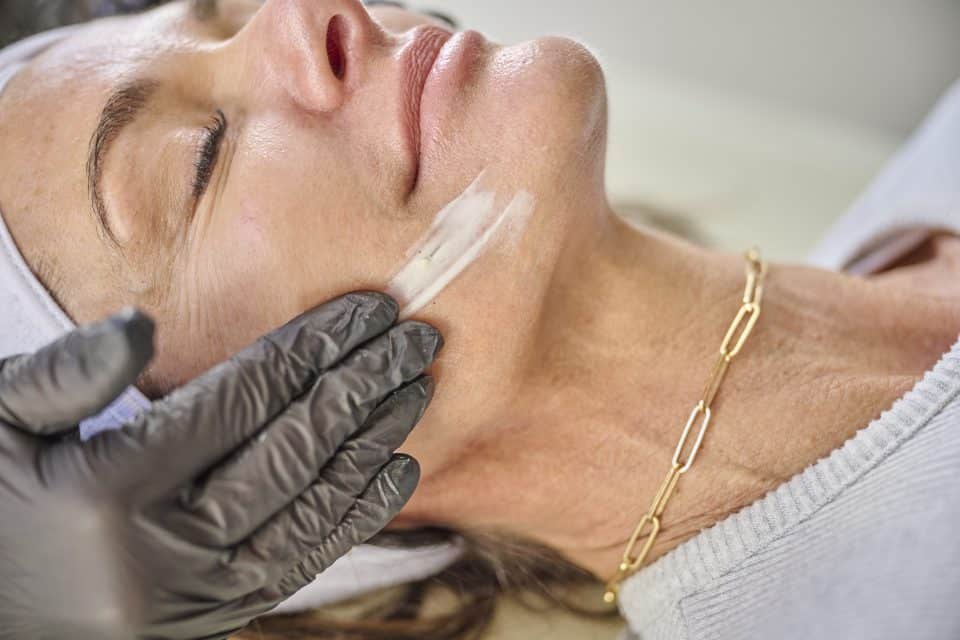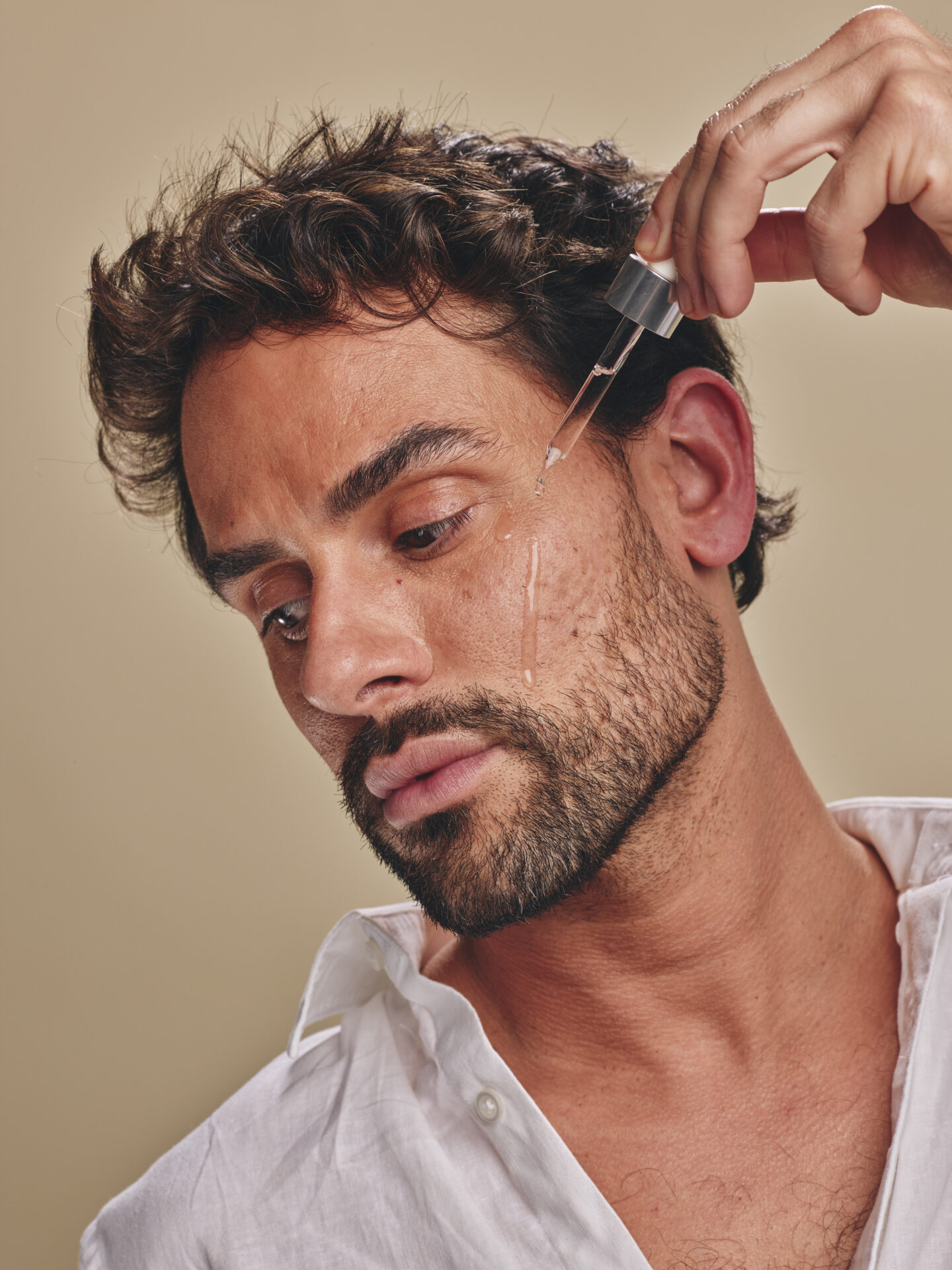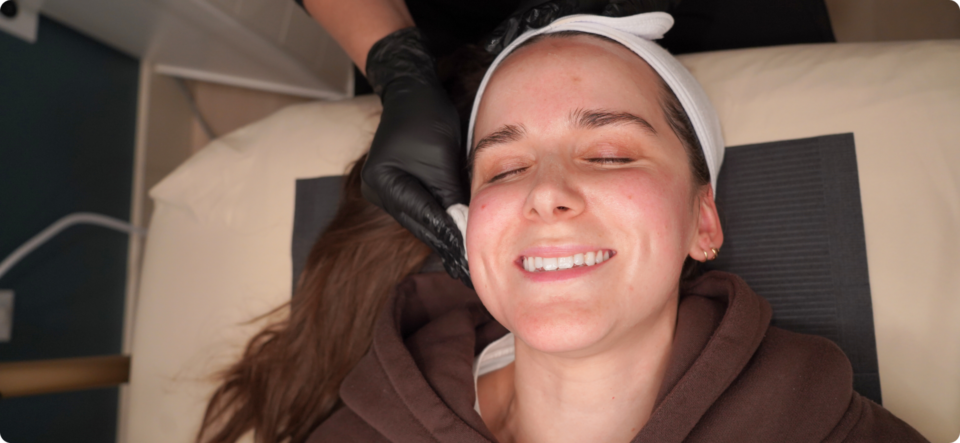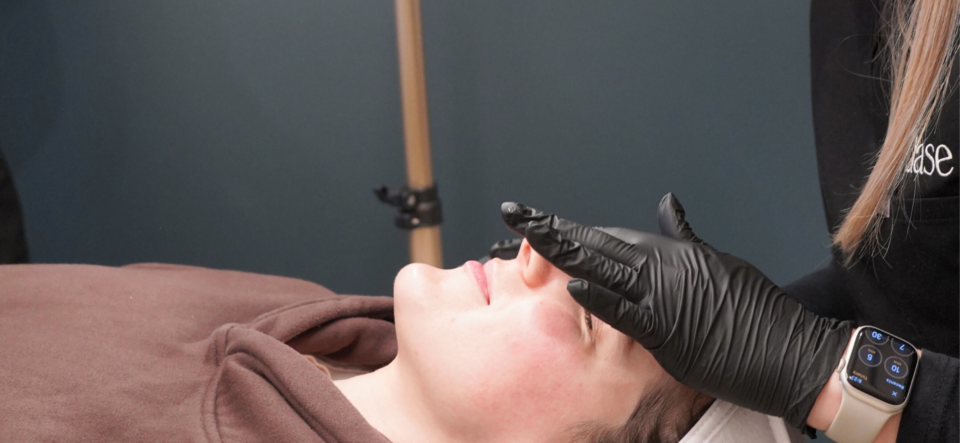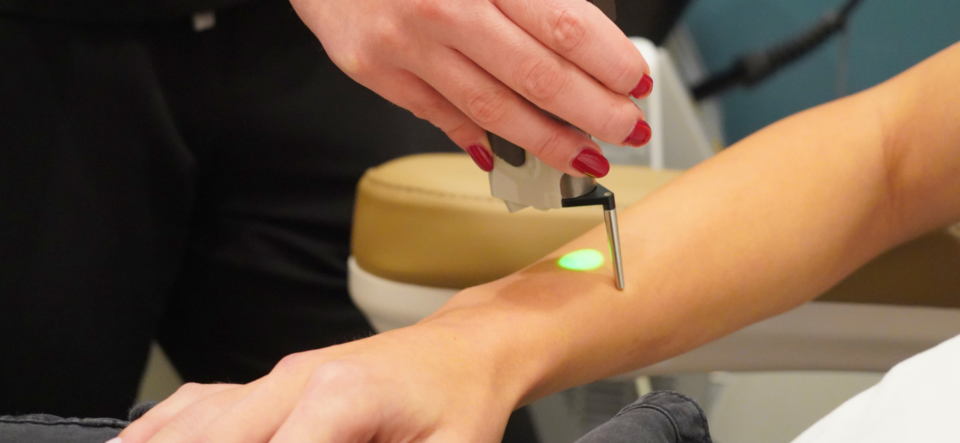When it comes to skincare, we often find ourselves wondering if the products used by our favorite celebrities are truly worth the investment or if we can achieve similar results with more budget-friendly options. To shed light on this, we’ve gathered insights from our esteemed aestheticians at Elase, who are here to break down the differences between high-end medical-grade skincare products and over-the-counter (OTC) budget beauty products.
Meet Our Experts
Jamie Caperton – Master Aesthetician at Station Park (UT)
Abby Escobio – Medical Aesthetician at Westchase (FL)
Sadie Gurley – Master Aesthetician at American Fork (UT)
Kim Lindsey – Medical Aesthetician at Fernandina Beach (FL)
Efficacy & Ingredients
What are the key differences in the ingredients and efficacy between medical-grade skincare products and regular or budget-branded beauty products?
Sadie: Medical grade products have been formulated with the highest quality key ingredients to achieve desired results. Most active ingredients used within medical grade skincare are 99% active therefore, seeing areas of concern resolve at a faster pace than with over-the-counter products. Medical grade products have undergone extensive testing to show efficacy in producing real results.
Abby: Key differences in the ingredients between medical-grade skincare and over the counter products are that medical grade skincare is required to contain ingredients that are 99.9% pure. Regular OTC skincare is not regulated in the same manner or held to the same standards, which can lead to many budget-branded/OTC product containing unnecessary fillers.
Jamie: To be considered medical grade, the products have a lot more active and effective ingredients and a lot less fillers and preservatives. The products you get at drugstores and Sephora and even department stores, are allowed to have a lot more preservatives and fillers and a lot less testing and science behind them. Medical grade products are far more tested to be safe and effective on the skin and to address skin care concerns!
Regulation & Testing
How do the regulations and testing standards differ between medical-grade skincare products and over-the-counter beauty products?
Sadie: Medical grade products are tested with and against pharmaceutical prescriptions used to treat a variety of skin conditions. Medical Grade products can only be sold under the guidance of licensed medical professionals. Most higher-grade products have clinical data backing up their claims to alleviate many concerns with aging, pigmentation, texture, redness, etc. within the skin. These studies include changes in the cellular activity of our skin.
Abby: Medical-grade skincare products have a more stringent regulatory evaluation, higher levels of testing, and contain more potent/active ingredients aimed at treating specific skin conditions and concerns. These products must demonstrate safety and efficacy through rigorous clinical tests and trials. Regular skincare products, on the other hand, are regulated primarily for safety and general cosmetic use, and because they fall under “cosmetics” regulations are less stringent for testing and oversight.
Targeted Treatments
In what scenarios or skin conditions would you specifically recommend medical-grade skincare products over regular beauty products?
Sadie: If a client’s main concerns haven’t unchanged after years of trying OTC products, it may be the time to invest in a medical grade product. An example may be those struggling with worsening pigmentation. There are great regimens we can recommend to help clients achieve a more even complexion—we can do this through a combination of prescriptive steps and medical-grade working hand in hand.
Abby: Specific skin conditions that medical grade skincare would be recommended include acne, rosacea, melasma, discoloration and wrinkles. Medical grade products are more effective on specific skin conditions and contain potent and a high level of beneficial ingredients that protect, encourage cellular regeneration and promote healthy skin cells.
Cost vs. Value
Can you explain the cost difference between medical-grade and budget skincare products and whether the investment in medical-grade products is justified by their benefits?
Sadie: When we are correcting skin health and its many concerns, medical grade does come as an investment worth taking. Having clinical studies, as well as before and after photos, clients can visibly see the changes that could occur within their own at-home care. Having active ingredients and testing done, clients will be able to see a huge improvement even with one to two higher grade products within a timely manner, versus many products plus years from a budget skincare line.
Abby: Although it may be more of an investment to purchase medical grade skincare, it goes through rigorous testing and is backed by clinical research. While OTC products are not required by the FDA to be tested for the safety and efficacy to the consumer.
Jamie: I always tell my clients that if you’re investing in a treatment for your skin, then you should also want to invest in medical grade products that prep your skin and improve the healing process to get the best results! While you might spend a little bit more on medical grade, those products tend to last longer, because you can use less of the product because it has less fillers and more active/effective ingredients.
Client Experience & Expectations
What should consumers expect in terms of results and experience when switching from regular skincare products to medical-grade options?
Sadie: Because medical grade ingredients are of the highest and purest quality, clients should expect to see a quicker response to areas of concern—whether that’s signs of aging slowing, better skin texture, clearer complexion, or reduced redness. Medical Grade anti-aging products show increased collagen and elastin production at deeper layers within the skin for visible changes in fine lines and wrinkles. When starting certain medical grade products (e.g. retinols), I recommend my clients start with less frequent applications and then work their way up to manage any potential irritation.
Abby: Switching from regular skincare to medical-grade skincare has so many benefits, including faster, more noticeable improvements in skin condition due to higher concentrations of active ingredients, deeper penetration, and targeted treatments. Clients can expect enhanced efficacy and long-term benefits. The involvement of Medical Aesthetician and other professionals in recommending and monitoring these products ensures a more customized and effective skincare regimen, leading to improved skin health, better prevention of future skin issues, and maintenance of a youthful appearance.
Jamie: Sometimes when a client first switches to medical grade, their skin may react by purging, but that is usually healthy because it is clearing out all of the gunk and in the long run they will notice that they get more correction and better results by using medical grade, and that they will be happier with their skin!
Enjoy Medical Grade Skincare Products at Elase
When considering your skincare products, Kim recommends asking the following questions:
- Was it created based scientists and medical experts?
- Where was it manufactured?
- Were quality ingredients used?
- Is it safety tested?
- Does the company promote consistent self-evaluation and clinical trials for efficacy?
- Do they require independent clinical trials?
- Do you see real, unfiltered results (i.e. before and after photos) and testimonials from trusted sources?
By understanding the key differences and benefits of medical-grade skincare, you can make informed decisions about your skincare regimen and achieve the healthy, radiant skin you desire.
At Elase, we offer a range of medical-grade skincare products that meet these high standards. Beauty Bank members enjoy 10-15% off all products. Invest in your skin’s health with confidence at any Elase location!




